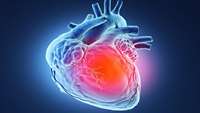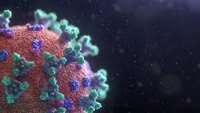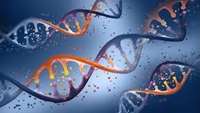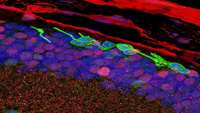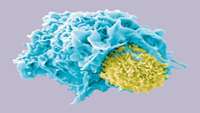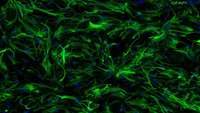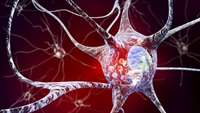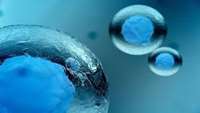Potential new treatment for heart attack
This is the finding of new research, by scientists at Imperial College London and published in the journal Cell Stem Cell.
Feng Zhang’s Sherlock gets first-ever CRISPR nod as FDA green-lights Covid-19 test kit
A diagnostics startup co-founded by one of the pioneers of CRISPR gene editing has become the first to receive Food and Drug Administration authorization for a product that uses the technology – for a diagnostic test kit to detect the virus that causes Covid-19.
World’s First Gene Therapy for Glycogen Storage Disease Produces Remarkable Results
At the Association for Glycogen Storage Disease’s 41st Annual Conference, Dr. David Weinstein of UConn School of Medicine and Connecticut Children’s presented his groundbreaking, one-year clinical trial results for the novel gene therapy treatment for glycogen storage disease (GSD).
Researchers restore sight in mice by turning skin cells into light-sensing eye cells
Researchers have discovered a technique for directly reprogramming skin cells into light-sensing rod photoreceptors used for vision. The lab-made rods enabled blind mice to detect light after the cells were transplanted into the animals’ eyes. The work, funded by the National Eye Institute (NEI), published April 15 in Nature. The NEI is part of the National Institutes of Health.
Novartis claims EU approval for SMA gene therapy Zolgensma
Novartis has secured conditional approval from the EMA for its spinal muscular atrophy (SMA) gene therapy Zolgensma, and says it is talking with EU countries over pricing in the hope of launching it quickly.
Controlling CAR T cells with light selectively destroys skin tumors in mice
Bioengineers at the University of California San Diego have developed a control system that could make CAR T-cell therapy safer and more powerful when treating cancer.
Mechanical forces control cell fate during brain formation
A new study coordinated by the Research Group in Developmental Biology at UPF shows that during
Gene editing for treatment of Parkinson disease
Parkinsons disease researchers have used gene-editing tools to introduce the disorders most common genetic mutation into marmoset monkey stem cells and to successfully tamp down cellular chemistry that often goes awry in Parkinsons patients.
Gene therapy generates new neurons to treat Huntingtons disease
Huntingtons disease (HD) is a rare disease characterized by abnormal chorea movement and caused by the Huntingtin (Htt) gene mutation and neurodegeneration in a brain area called the striatum.
Stem cell–driven lymphatic remodeling coordinates tissue regeneration
Tissues rely on stem cells (SCs) for homeostasis and wound repair. SCs reside in specialized microenvironments (niches) whose complexities and roles in orchestrating tissue growth are still unfolding. Here, we identify lymphatic capillaries as critical SC-niche components.


